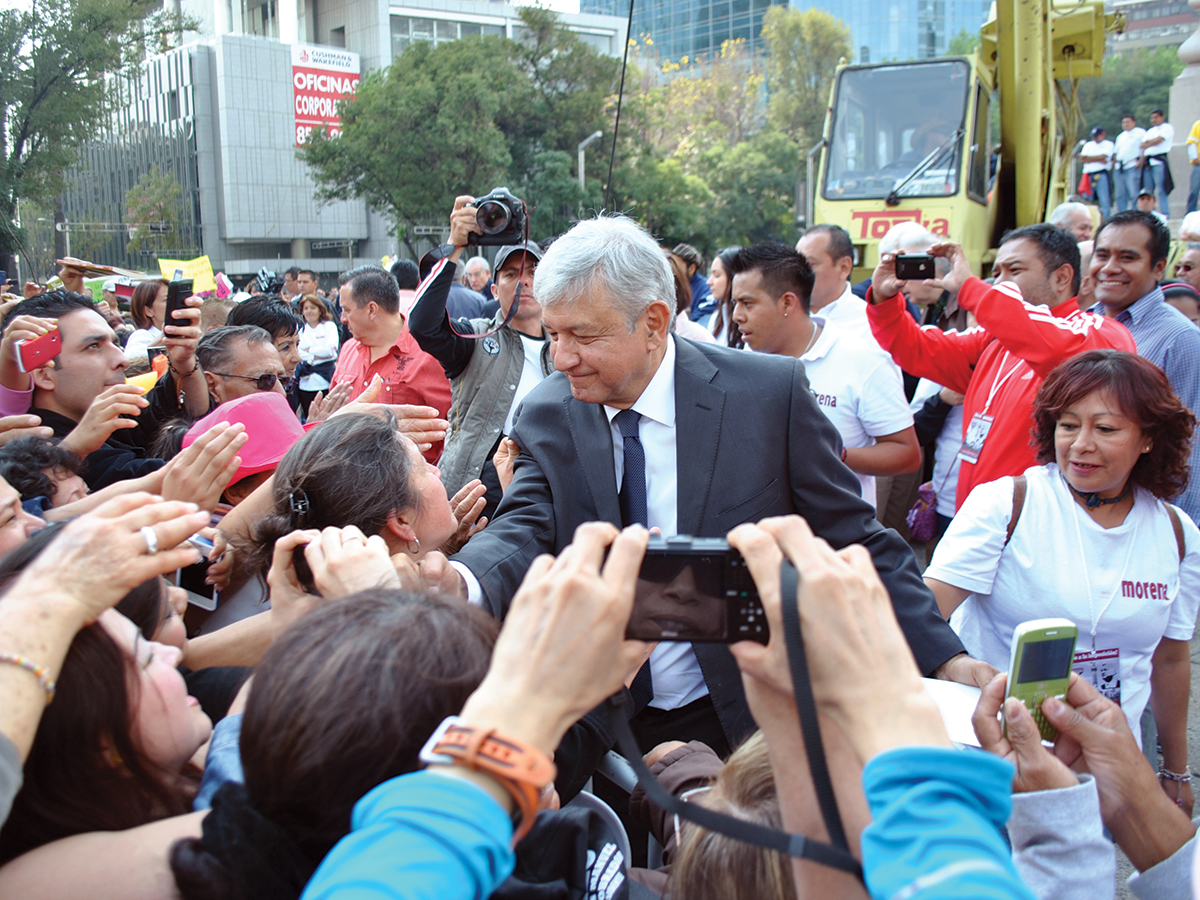
Journalists play a pivotal role in upholding democracy and informing the public. In the United States, journalists are sometimes critiqued or threatened by those with opposing views but these threats rarely turn deadly. In other countries, like Mexico, being a journalist is far more dangerous. Individuals or groups who oppose the information being uncovered have turned to violence so that certain stories are not heard by the public. In the month of May, three Mexican journalists have already been murdered. The body of Luis Enrique Ramírez Ramos, a journalist who worked at the news outlet Fuentes Fidedignas, was found on the highway after he was kidnapped while Sheila Johana García Olivera and Yesenia Mollinedo Falconi, journalists from the news outlet El Veraz, were shot while sitting in their car. These recent murders bring the total death count of journalists in Mexico to 11 this year. The alarming rise of crimes being committed against journalists exposes a larger conversation about the suppression of free speech and the government’s corruption in Mexico.
This issue of the press being in danger due to their profession has been a problem for several years in Mexico, as well as other countries. The government and other groups in these areas are often involved in criminal activity that allow for deceit and attacks on the press. In the U.S. many people take for granted the freedom of speech we have. Here, journalists are able to investigate and not fear that they may lose their life. While there are other intimidation tactics that occur, journalists must remain unbiased and serve as an informant to the public. There are safeguards to protect journalists here that other countries do not afford.
Some may then question whether the job is worth the risk of potential death and constant fear. Most of the time, the journalists in Mexico do understand the risk, but believe that the pros outweigh the cons of the job. The country has been largely corrupt for the past few decades where the cartels and narcos have been allowed to control the government. Journalists in Mexico who investigate these issues want to see a positive change occur so that future journalists don’t have to be afraid of publishing these stories. Information is the most powerful tool in the world and the media is at the forefront of helping end corruption. To make this a reality, some are willing to die for the cause. Killing a journalist, however, should not then kill the story that they were working on. Without journalism, democracy dies and no one is there to hold the government accountable.
This constant attack on the media should push other journalists in countries where they are protected to advocate for their colleagues. Having this fear suppresses the truth and may discourage others from going into journalism. Furthermore, journalists may also be afraid to travel to countries that persecute them. This uptake of Mexican journalists being murdered should be big news, but it has not been covered widely by the U.S. media. With the recent death of Shireen Abu Akleh, a Palestinian journalist who was shot by Isreali forces, this should be considered an epidemic. Not covering these stories makes the public more reluctant to help in Mexico because they don’t know what is truly going on.
Journalism is an honorable profession that is crucial to upholding democracy. Having access to information shouldn’t be a privilege for developed countries only. All countries should be able to question their governments without fear, yet the world is far from this vision. This is why it is important for the media to be protected from those in power. Fellow journalists should not be afraid to speak up and report on these murders. Journalism is necessary and gives people access to speak on topics that need to be shared throughout their communities and around the world.







